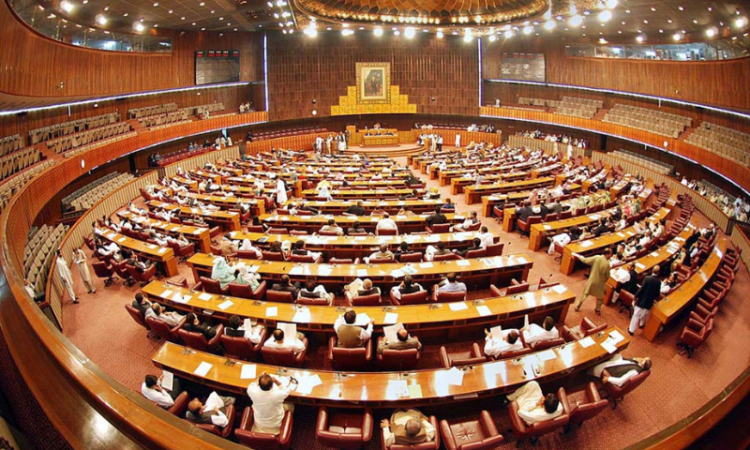Islamabad, October 20,2024- The latest draft of the proposed 26th Constitutional Amendment has introduced several key changes, including the formation of constitutional benches. These benches will be constituted by the Judicial Commission, which will also determine the number of judges assigned to them. The benches will consist of judges from all provinces, ensuring equal representation. Under Article 184, the power to take suo motu notice will lie with these constitutional benches, while cases involving constitutional interpretation under Article 185 will also fall within their jurisdiction.
The Judicial Commission, led by the Chief Justice and four senior judges of the Supreme Court, will include members of Parliament. A new Article 9A has also been added, granting every individual the right to a clean, healthy, and sustainable environment. Additionally, the proposed amendments suggest phasing out interest-based financial practices by January 1, 2028.
Key aspects of the draft include the following:
- The formation of constitutional benches, composed of judges from all provinces.
- The authority to take suo motu notices and handle constitutional interpretation cases.
- A minimum of five judges will be assigned to constitutional benches, with their appointments decided by a committee of the three most senior judges.
- The Chief Justice will be appointed based on the recommendation of a special parliamentary committee, which will select from the three most senior Supreme Court judges. This recommendation will then be forwarded to the President by the Prime Minister.
- In the case of a judge’s refusal, the next senior judge will be considered for the Chief Justice position.
The draft also proposes a 12-member special parliamentary committee to oversee the Chief Justice’s appointment, ensuring proportional representation from all parliamentary parties. The committee will include 8 members from the National Assembly and 4 from the Senate, with the Chief Justice serving a three-year term and an upper age limit of 65 years.
Other notable provisions include:
- The Supreme Court, under Article 184(3), cannot issue directions or declarations on its own.
- The Supreme Court, under Article 186A, may transfer any case from one High Court to another or to itself.
- The Judges Appointment Commission will review the annual performance of High Court judges, and it will also be responsible for appointing Supreme Court judges.
- The Commission will be chaired by the Chief Justice and include the four most senior judges of the Supreme Court, the Federal Law Minister, and the Attorney General.
- A lawyer with at least 15 years of experience, nominated by the Pakistan Bar Council, will serve as a commission member for two years.
- Two members of the National Assembly and two members of the Senate will also be part of the Commission, with the addition of a female or non-Muslim technocrat from the Senate for a two-year term.
The draft also suggests an amendment to Article 38, aiming to eliminate interest-based financial systems by January 1, 2028. Additionally, an amendment to Article 48 proposes that no court, tribunal, or authority may question any advice sent to the President by the Prime Minister or Cabinet.








